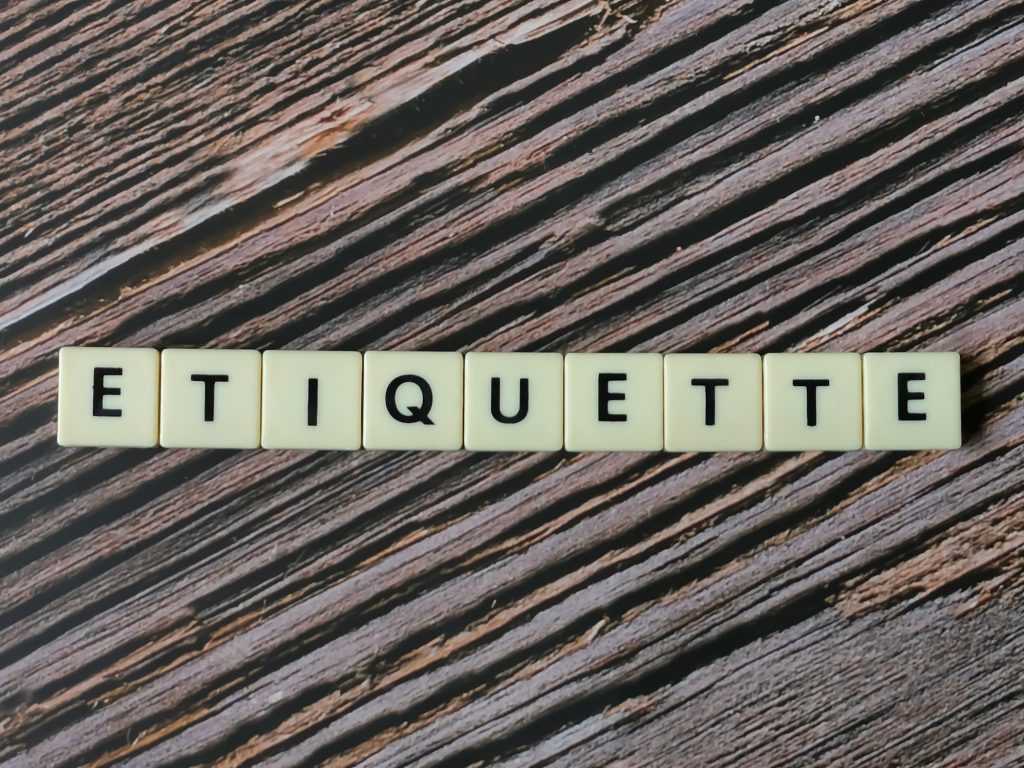
Protocol management and diplomatic etiquette are essential aspects of international relations and diplomacy. They serve as guidelines for conducting diplomatic activities, ensuring effective communication, and maintaining harmonious relationships between nations.
Protocol management refers to the rules and procedures governing diplomatic engagements. It encompasses various aspects such as the order of precedence, seating arrangements, dress code, speech delivery, gift-giving, and flag protocol. These protocols ensure smooth interactions between diplomats and avoid misunderstandings or conflicts.
A critical aspect of protocol management is the order of precedence. This determines the ranking or hierarchy among diplomats based on their positions or titles. The order of importance is crucial during official events such as state visits or international conferences, where seating arrangements and introductions are made according to this hierarchy. By adhering to these protocols, diplomats respect each other’s positions and avoid potential disputes.
Seating arrangements also play a significant role in protocol management. Diplomats are seated according to their rank or position during official functions. When determining the seating plan, the host country considers factors such as seniority, nationality, and cultural sensitivities. Proper seating arrangements help create a conducive environment for dialogue and facilitate effective communication among diplomats.
The dress code is another important aspect of protocol management. Diplomats are expected to dress appropriately according to the occasion or culture of the host country. This demonstrates respect for local customs and traditions while projecting a positive image of their nation.
Speech delivery is yet another crucial element in protocol management. Diplomats must deliver speeches with tactfulness, diplomacy, and cultural sensitivity. They should be mindful of their choice of words to avoid offending or provoking any party involved in negotiations or discussions.
Gift-giving is an integral part of diplomatic etiquette that helps foster goodwill between nations. When presenting gifts, diplomats should consider cultural norms, personal preferences, and political sensitivities to ensure their gestures are well-received and avoid misunderstandings.
Flag protocol is also an essential aspect of protocol management. The correct display and handling of national flags symbolize respect for the sovereignty and dignity of each nation. Diplomats must adhere to flag protocols when hosting or attending official events, ensuring that flags are displayed correctly and treated with utmost reverence.
Protocol management and diplomatic etiquette are vital in international relations. They provide a framework for diplomats to engage effectively, maintain harmonious relationships, and avoid conflicts or misunderstandings. By adhering to these protocols, diplomats respect each other’s positions, cultures, and traditions while projecting a positive image of their nation. Protocol management ensures that diplomatic engagements are conducted smoothly, fostering cooperation and understanding among countries.
